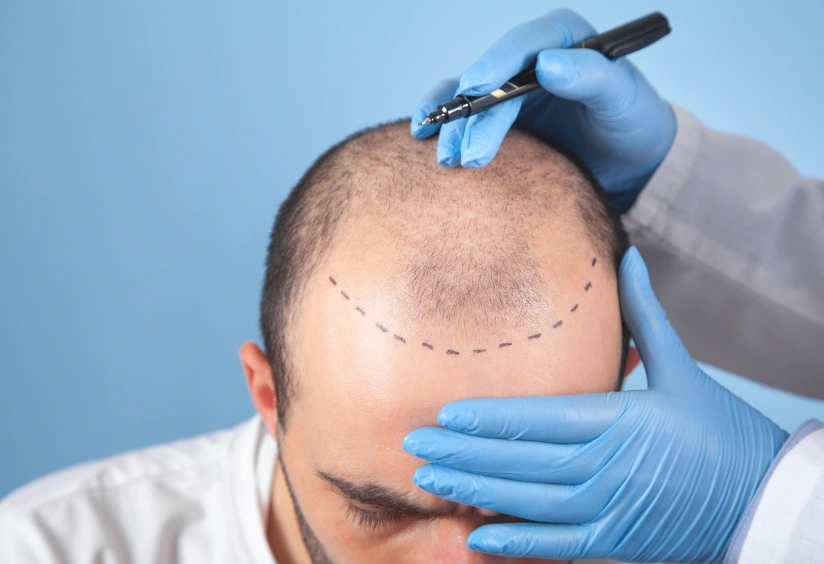How Does Vitamin IV Drip Therapy Support Wellness, Energy & Skin?

Hair transplant surgery is a very delicate and precise surgery. Following this surgery, the most critical time is for healing and recovery. All this can have a significant impact on the procedure's results. Post-operative aftercare plays a significant role, and if one follows a good routine, it ensures that hair grafts are settled and will thrive. In this blog, hair transplant surgeons in Delhi, at Delhi Wellness Clinics, advise on hair transplant recovery tips and hair transplant surgery aftercare.
After a hair transplant, visible results can be seen within 2 to 3 months. After 5 months, 50% of new hair growth occurs, and by 12 months, one can expect approximately 90-100% new hair growth.
Hence, during this time, one must take care of their scalp health and newly implanted graft to receive optimal long-term results.Additionally, the procedure has a high success rate when performed by a skilled hair transplant doctor at a reputable hair transplant surgery clinic in Delhi. Then, you can achieve a 100% success rate after the surgery!
Delhi Wellness Clinics is renowned for delivering exceptional hair transplant surgery results to both male and female clients. They have the best team of hair transplant doctors and offer advanced hair restoration treatments.
For optimal results, it is essential to follow the post-operative aftercare recommendations provided by the hair transplant doctor.
The first week- The scalp will be bandaged with sterile dressing. It’s normal to experience hair transplant side effects like slight discomfort and itchiness as scabs form and fall off. Apply the medicated spray or lotion advised by the doctor to prevent scarring.
To ensure the success of your hair transplant surgery, you should be taking the following after-hair transplant precautions-
Delhi Wellness Clinics’s hair doctors specialize in all hair transplant services and other hair growth treatments. Throughout the hair transplant process, from the initial consultation to recovery, the experts ensure that everything proceeds seamlessly and the patient receives unparalleled, tailored care and satisfactory results without incurring significant expenses.
So, if you are aiming for a successful hair transplant in Delhi, get in touch with the hair transplant doctor at Delhi Wellness Clinics.
Avoid heavy workouts, weightlifting, and contact sports for 3-4 weeks and up to 6 weeks after hair transplant surgery for proper healing. Light-impact activities, such as walking and stretching, can be resumed after 2 weeks of recovery.
Yes, head covering is allowed after surgery once healing is complete. Doctors advise patients to wait for about 10 days to avoid pressure or friction that can disrupt transplanted hair follicles and impede new hair growth.
For the initial 48 hours, avoid washing the head to let the hair grafts settle in the transplant site. During the first or second week of recovery, the patient should follow a hair-washing routine.
Doctors recommend avoiding hair-cutting until the scabbing subsides. The existing hair surrounding the hair transplanted region and donor area can be trimmed as early as 2-4 weeks after the procedure.
Yes, prescription medicines must be taken as specified by the surgeon, including antibiotics to prevent infection and painkillers to manage post-operative discomfort.
Eat lean proteins, vitamin-rich fruits and vegetables, whole grains, and minerals like iron- and zinc-rich foods to encourage healing and hair growth.
Avoided heavily spiced foods, fatty foods, and alcoholic beverages to avoid complications.
Excited about your fresh, new, confident look after your hair transplant?
For further details on hair transplant treatment in Delhi, do visit Delhi Wellness Clinics. With a team of top hair transplant doctors and experts, they help their patients achieve the desired results.
Along with hair transplant, supporting treatments such as GFC, microneedling, and mesotherapy are also provided to enhance hair growth and achieve optimal results.
Do visit if you have any balding or hair loss issues and get them managed by experts today!